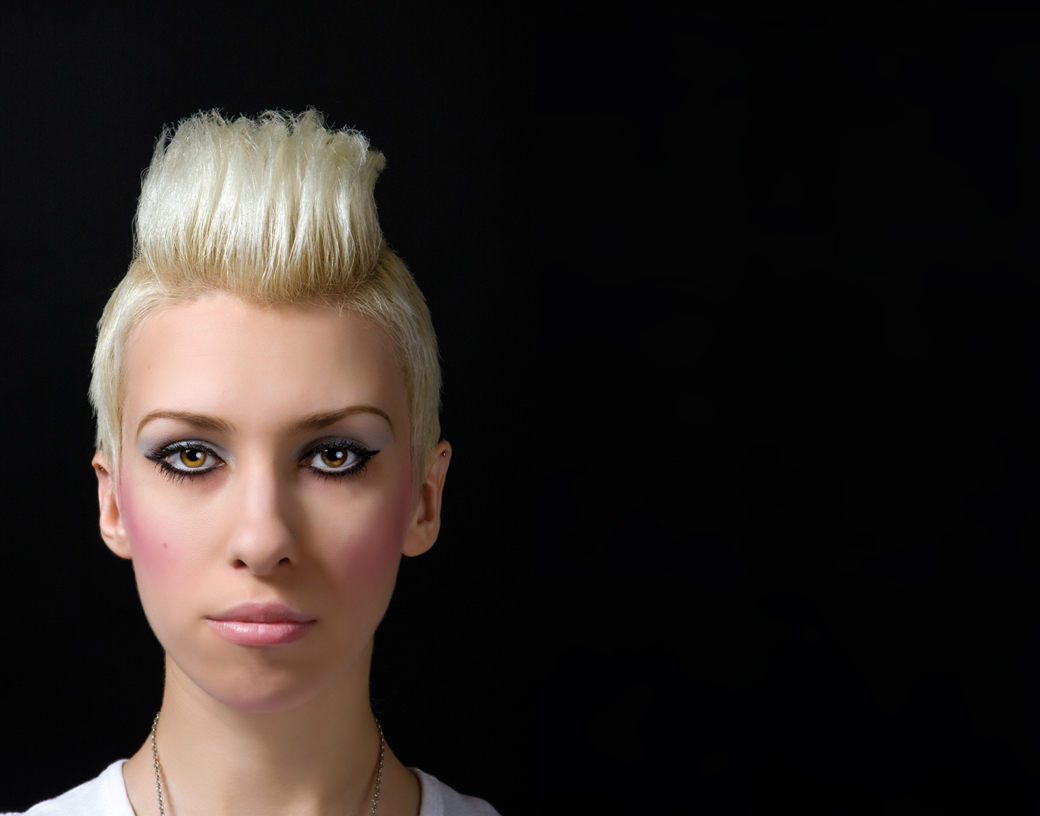
Hello, I’m Rebecca, and I’m a London-based fashion historian. I spend a lot of time thinking and writing about why people follow fashions, and it seems to be a contradictory mix of impulses and emotions.
Desire and anxiety are at the heart of this. We’re drawn to the new and novel, to things that provide a feeling of change, and, perhaps, progress. We also want to belong – to be part of something recognizable – and there is no more obvious way to demonstrate this than through your clothes. A new outfit that fits with what magazines and advertisements are promoting can be really pleasurable to buy and wear. It can give you a new identity, even if it’s only for one night.
The flip side of these desires is anxiety – about not fitting in, not being up-to-date, and being an outsider. The international fashion industry plays on these negative feelings, to make people feel they must keep up with new trends and keep shopping.
But do you view trend following differently according to the goods being bought? Do you judge someone who has bought the latest Louis Vuitton handbag in the same way as someone who has bought an iPad?
Find out how you can use questions like “Why do people follow fashion trends?” in class.
———————————
Dr Rebecca Arnold is Oak Foundation Lecturer in the History of Dress and Textiles at the Courtauld Institute of Art in London, UK. She is the author of Fashion: A Very Short Introduction (OUP).